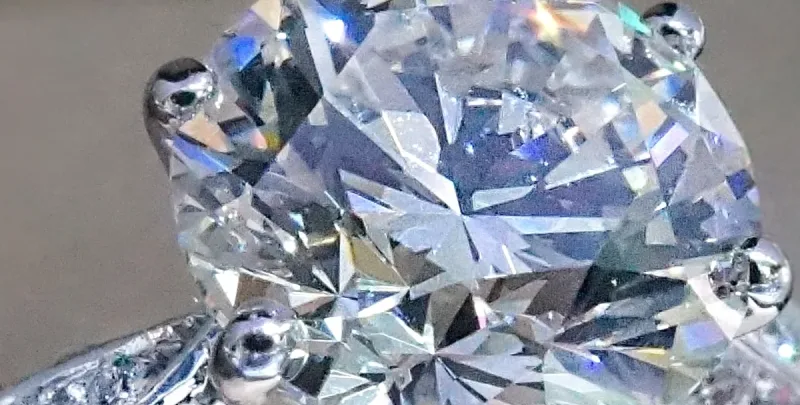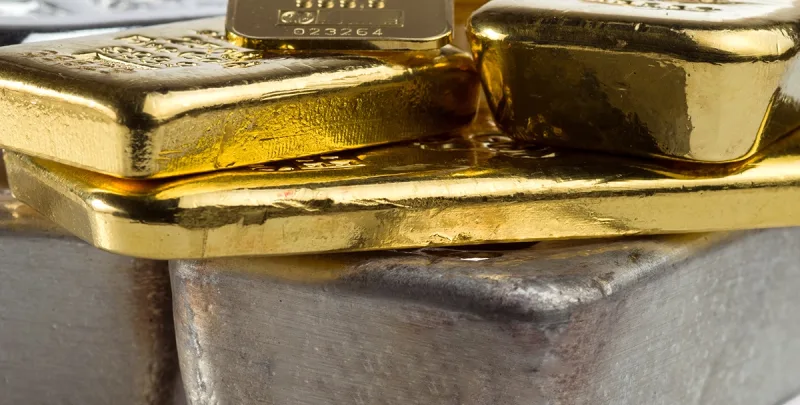What is Sapphire Jewellery?
Sapphire jewellery is bold, elegant, and eye-catching. Being second to the diamond in terms of durability, a sapphire brings with it a variety of bright, bold colours creating the most striking pieces of jewellery. When thinking about jewellery, we think about enhancing our outfit and making a statement. There is no better way than to use sapphire jewellery to make that statement. In this article, we will go through what a sapphire is and why they are becoming increasingly popular.
What is Sapphire?
A sapphire is a precious gemstone, made from the mineral corundum with traces of elements such as iron, titanium, chromium, vanadium, or magnesium. A sapphire is extremely durable and is second in line to the diamond; a sapphire will last generations and is often a popular choice for both style and professionalism. Not to mention they carry an incredible amount of romance within them.
A sapphire is one of three jewellery-coloured gemstones, alongside ruby and emerald. It is a durable stone, designated as the September birthstone.
What is so special about Sapphire?
Firstly, a sapphire is available in a variety of colours, though blue is arguably the most popular. Before telling you why a sapphire is so special, it’s important to know some facts about them.
The word sapphire derives from the Latin and Greek word, sapphirus and sappheiros which mean blue, and sapphires get their colours from trace elements in mineral corundum. Sapphires are becoming more popular in recent years, but they are by no means a new gemstone. Sapphires have been treasured as precious gemstones for thousands of years and are found in many different countries across the Globe, including Australia, Thailand, Cambodia, Sri Lanka and the US.
A sapphire is one the most durable natural elements in the world, the durability of a sapphire is one of the reasons they are a popular engagement ring choice given you would be wearing it every day. When we look at whether a gem can withstand scratching, a sapphire scores 9 out of 10 meaning that the only natural item that could scratch a sapphire is a diamond.
When you consider its durability, history and make up of natural elements, you can start to appreciate why this gemstone is so special. It is unique, bold and never goes out of style.
Here’s a fun fact in case you didn’t already know, the most famous royal sapphire today is still the engagement ring given by Prince Charles to Lady Diana Spencer in 1981 and today, worn by the Duchess of Cambridge. It features a 12-carat oval blue sapphire in a bed of diamonds. A true romantic piece of history. It is a gemstone that has been seen by all, a sapphire can have that effect due to its boldness once you’ve seen it once you will not forget it.
What to consider when buying blue sapphires?
When buying a blue sapphire, your first thought will be what shade of blue do you want. However, there is a bit more to it than that. When buying any gemstone or diamond, we all know about the 4 C’s; colour, clarity, cut and carat.
Colour: this is the most important when buying a sapphire, particularly a blue sapphire. Sapphires in blue can vary from strong royal blue to medium blue, to pale blue. Essentially it comes down to your personal choice, but you will need to consider saturation. The higher the saturation level, the more intense the colour will be.
Clarity: Most sapphires naturally have a few inclusions, if you find a sapphire that does not have any, be cautious as there is a high probability the gemstone is synthetic. However, the less visible the inclusions are, the higher the grade will be, an expert can look into this for you and find the location and number of inclusions the sapphire has.
Cut: the cut is all about the sparkle, it’s all about how the stone was polished from its natural rough state, to become the gemstone you are looking at. Sapphires are given their cut grade taking into account symmetry, extinction, brilliance and windowing.
Carat: a sapphire's weight is measured in carats, the larger gemstones are harder to find than smaller ones and so the price will reflect that. The price varies between different colours.
When thinking about buying a blue sapphire, it goes without saying that a natural, untreated sapphire will always be worth more than a synthetic or treated stone.
Now, when considering blue sapphires, we need to dig a little deeper. Here there are three main areas, saturation, tone and hue.
Saturation: this is the amount of colour present within the gem, a clear gemstone will have little saturation and so, a blue sapphire, particularly the royal blue will have a very high saturation.
Tone: this is the lightness and darkness of the stone. When buying a blue sapphire, you might choose a very high saturation to get a vibrant colouring but if you match that with a medium tone, the overall look will be of medium vibrancy.
Hue: this is the colour of the stone, blue comes in a variety of shades from pale baby blue to deep purple blue.
Do sapphires only come in blue?
Sapphires come in a variety of colours although arguably blue is the most popular. Sapphires can be found in white, yellow, green, pink, black, purple, grey, orange and brown.
Here’s another fun fact, the rarest type of sapphire is a pinkish orange variety called padparadscha, a name that comes from the Sinhalese word for lotus flower.
Can I clean sapphire jewellery myself?
The short answer is yes, and it is a lot simpler than most people realise. The easiest and safest way to clean a sapphire is to wash it in warm, soapy water and wipe it with a gem cleaning cloth. After this has set in the jewellery you can use a soft paint brush to clean through the setting. Chemicals are not required on a sapphire; the hardness of sapphire does not require it and so soapy water is more than sufficient.
As you can tell, sapphires are very low maintenance but will need cleaning every so often, particularly if you are wearing the sapphire frequently.
Jewellery Insurance
Sapphire Jewellery is likely one of the most expensive items of jewellery we all own, if we are lucky to have one, so it’s important to ensure the monetary investment is protected. It’s important to ensure you have the necessary protection to avoid any issues so consider Assetsure’s:


























